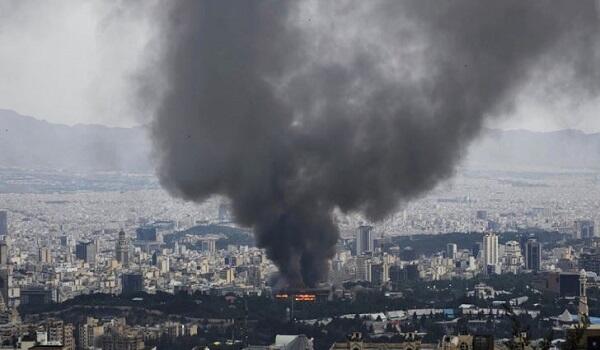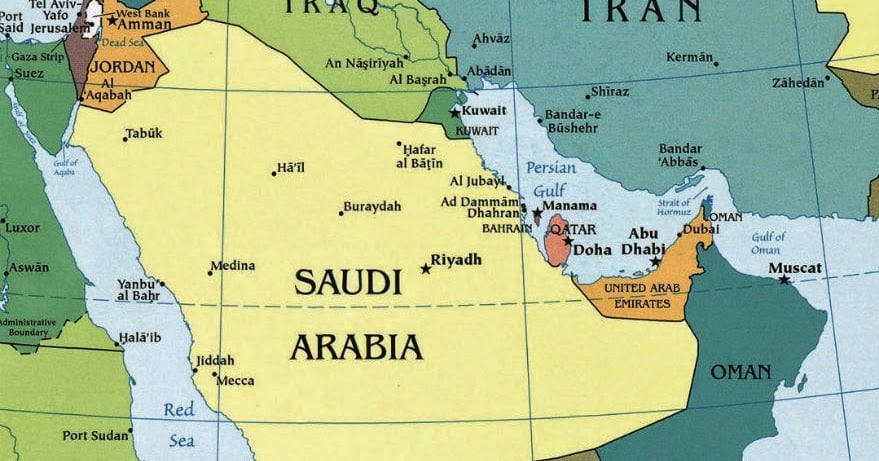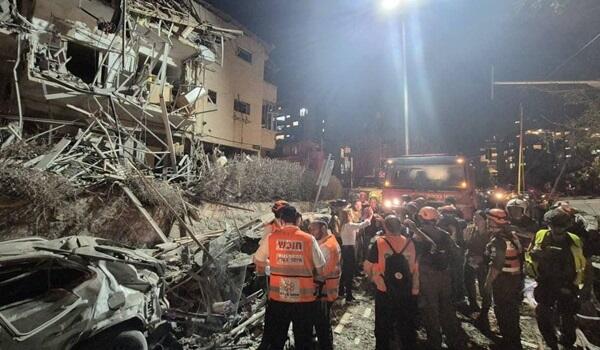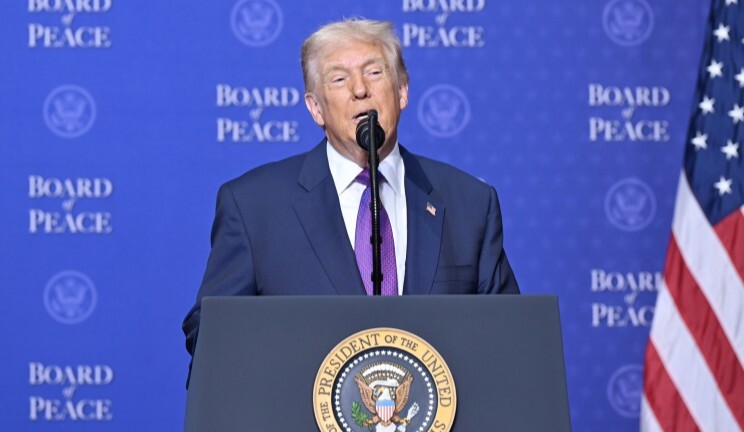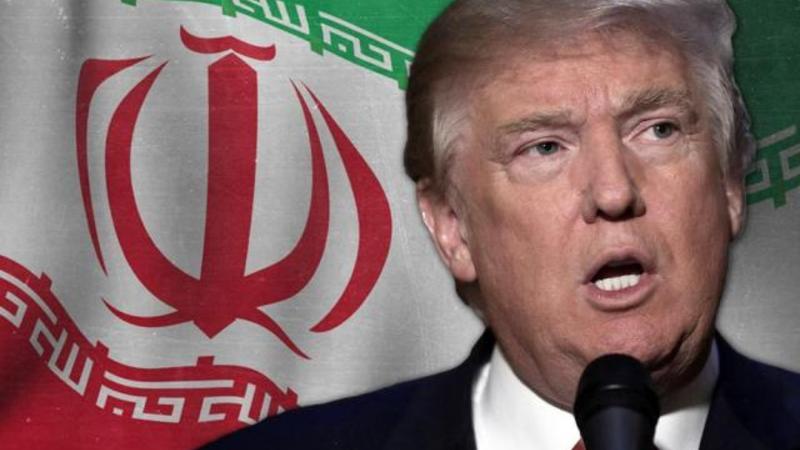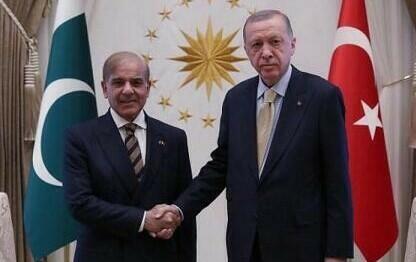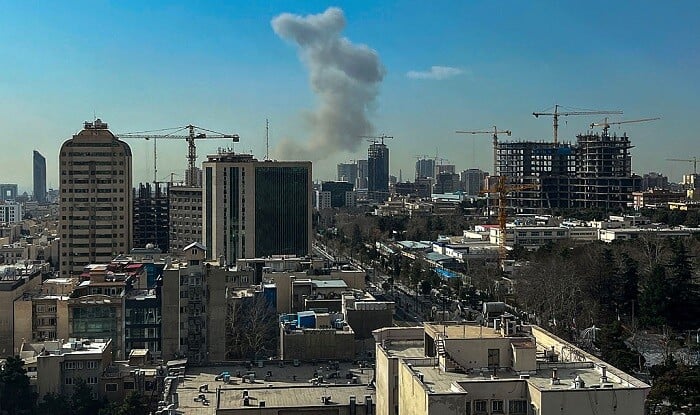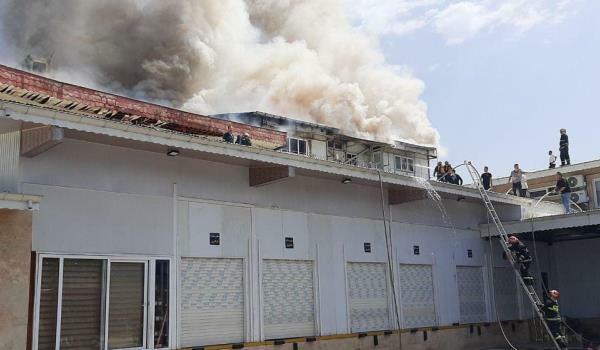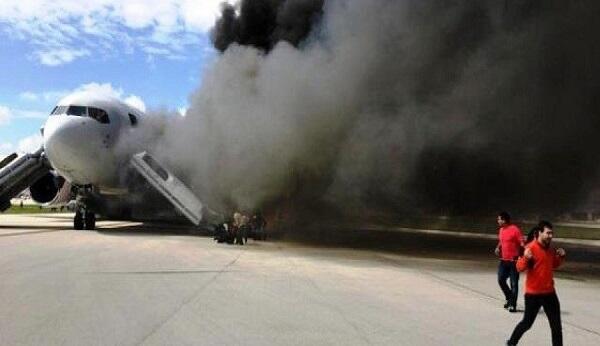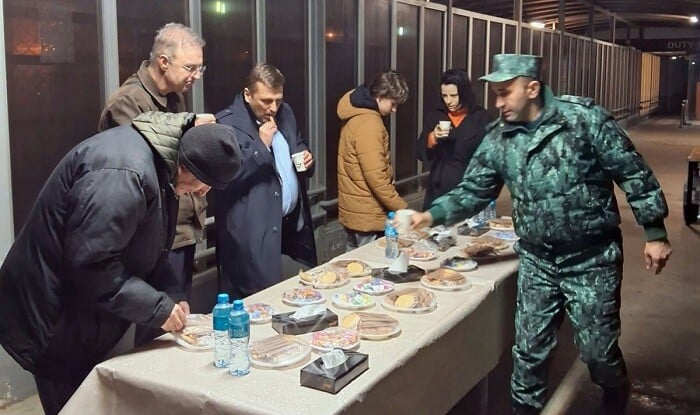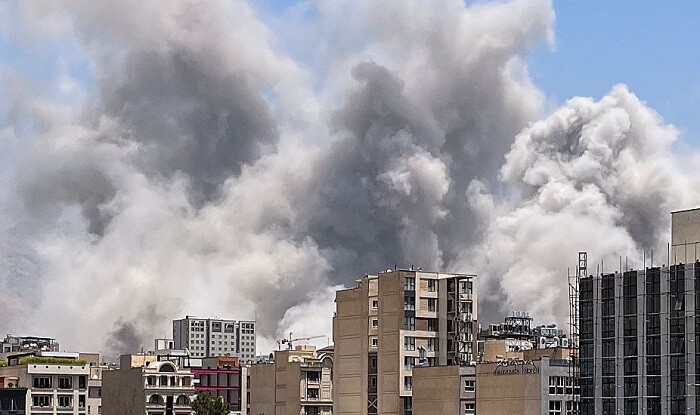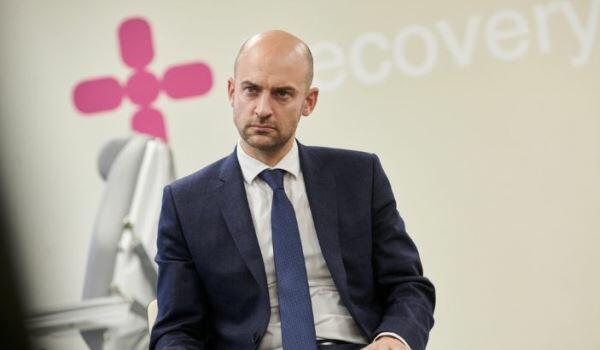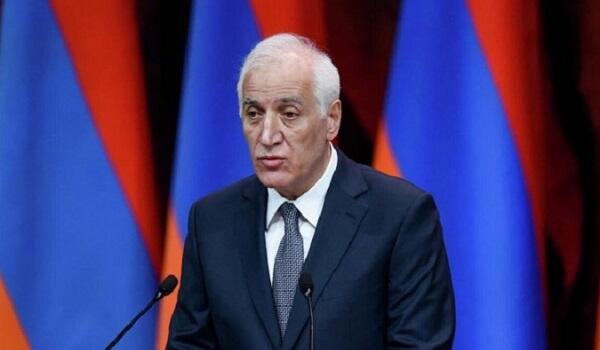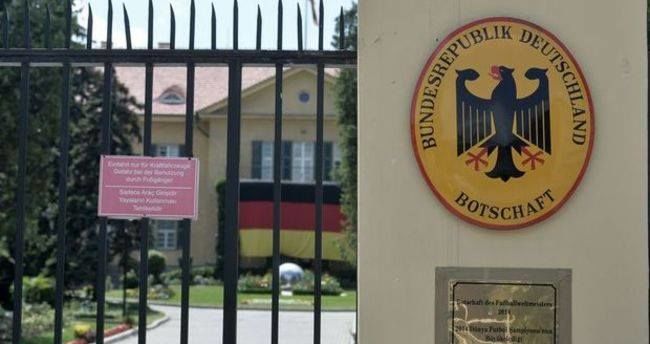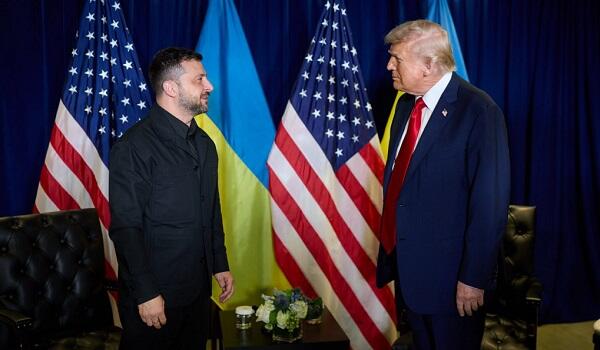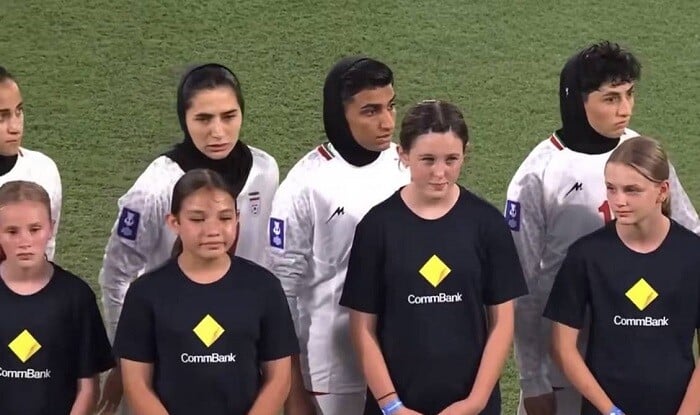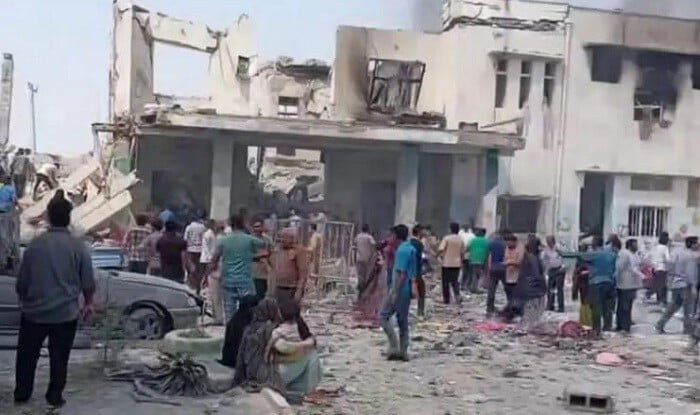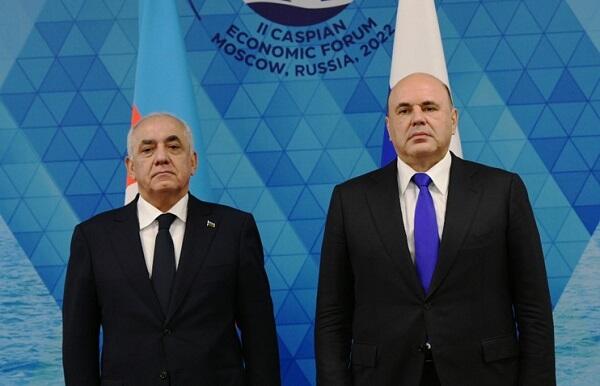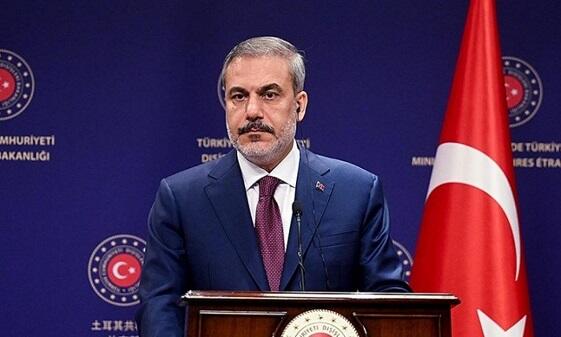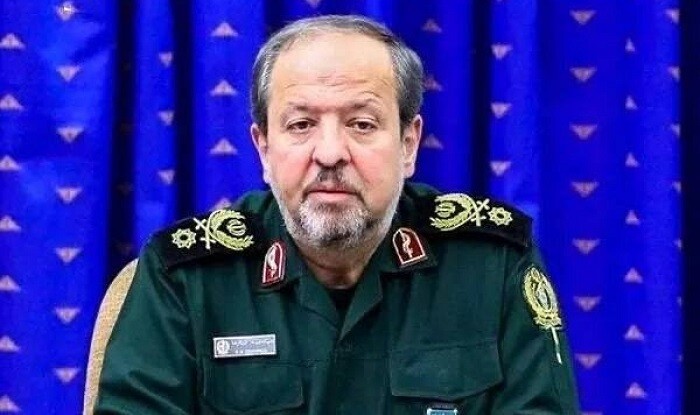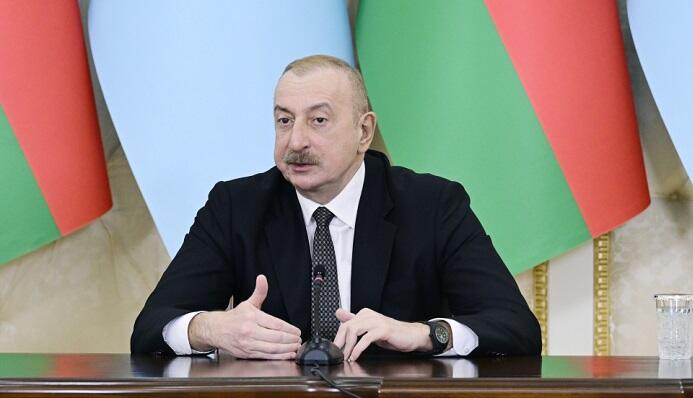More than 192 million Indonesians will head to the polls on April 17 to cast their votes.
They will elect their president and vice president as well as members of the House of Representatives, Regional Representative Council and provincial and municipal councils.
The presidential race is set to be a rematch between incumbent President Joko "Jokowi" Widodo, 57, from the Indonesian Democratic Party -- Struggle (PDI-P) and former general Prabowo Subianto, 67, from the Great Indonesia Movement Party (Gerindra).
The two first ran against each other in the 2014 presidential election, when Prabowo lost by six percentage points to Jokowi.
A total of 16 political parties will be competing on the legislative ballot, where a coalition of eight parties are endorsing Jokowi aside from his own PDI-P, against five others supporting Prabowo.
In addition, four independent regional parties will compete from the autonomous northwestern Aceh Province.
Djayadi Hanan, a political observer from Paramadina University, said the 16 parties that will compete in the legislative elections reflected different groups in Indonesian society.
He said a number of Islam-based parties could be identified and that these garnered around 30%-35% of the total vote, based on previous elections.
The second group, known as the "open nationalist parties", garnered around 60% of the total vote with parties that are not affiliated with any single group or class.
The main match: Presidential Election
Aside from the legislative race, the presidential and vice-presidential elections are set to be the real competitions.
Jokowi is paired with a senior cleric and chairman of the Indonesian Ulema Council, Ma'ruf Amin, as vice presidential candidate.
A few days before the ballot, surveys placed Jokowi ahead of his rival, Prabowo, while Prabowo led in his coalition’s internal surveys.
In a well-received move, Prabowo also received support from Abdul Somad, a popular cleric with a substantial following on social media.
Usep Syaiful Ahyar, director of the Populi Center, a non-profit research institute, said the race could be seen as a power struggle by certain groups who support Widodo and are thus trying to establish positive narratives on his term in office.
He added that opposition groups’ sharp stance against all current development programs is due to their exclusion from the current power structure.
